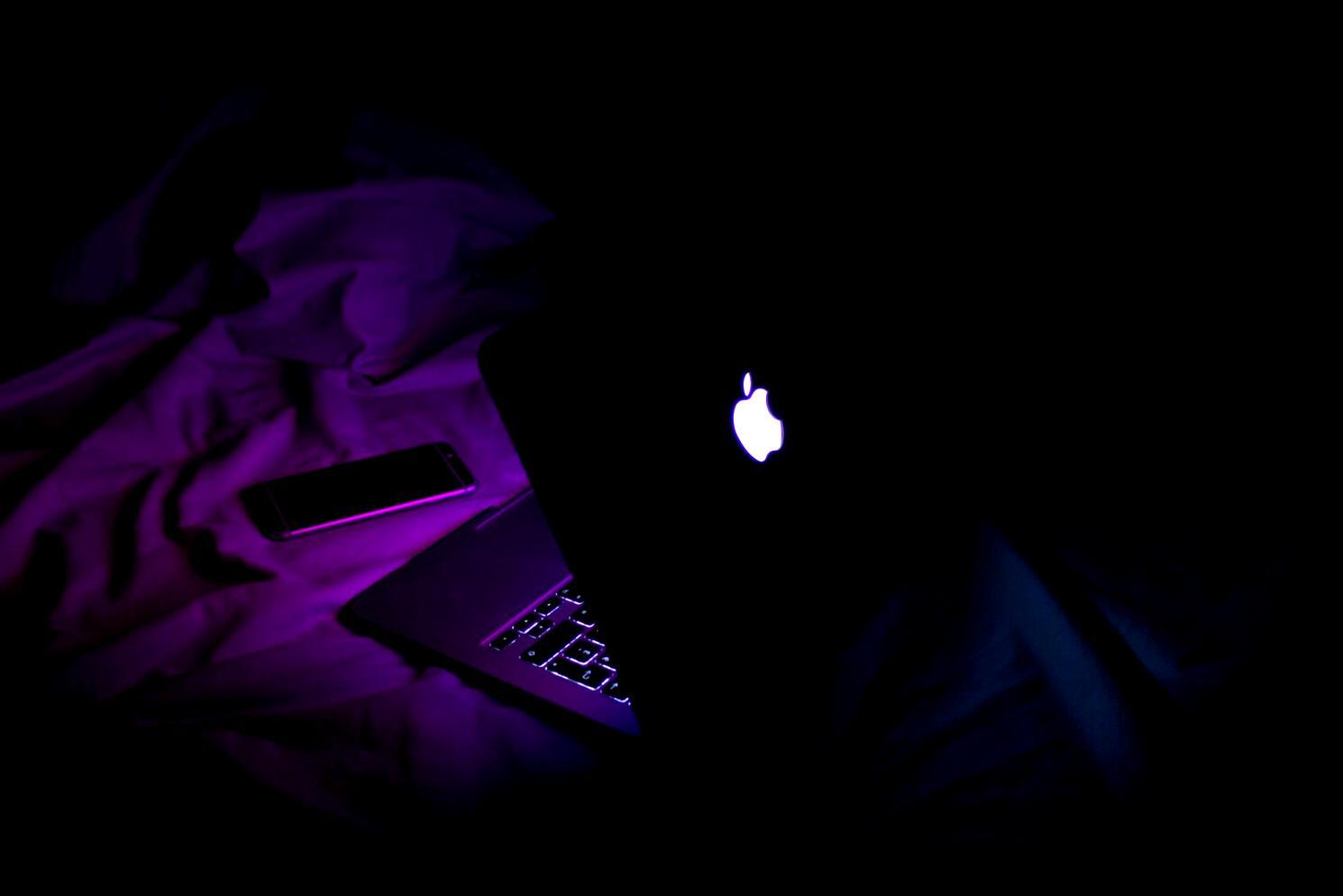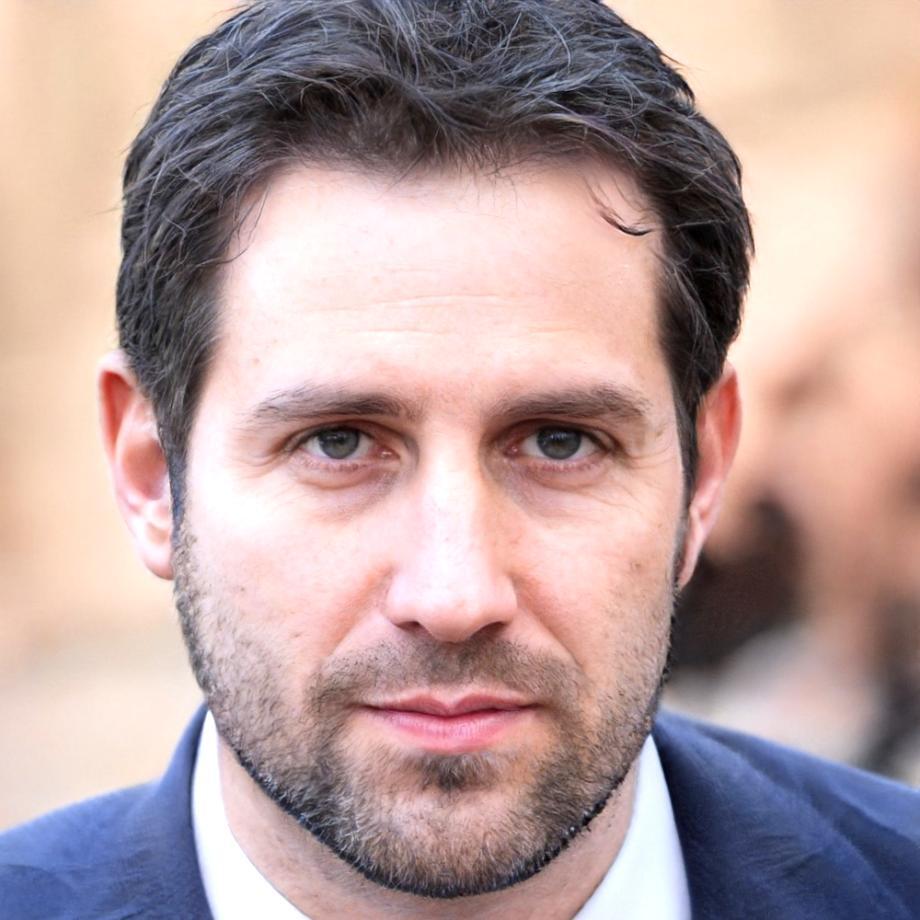Reshape Your Finances Through Strategic Allocation
Zero-based budgeting isn't about restriction. It's about directing every dollar with intention and watching your financial picture transform over the coming months.
Explore Our Approach
What's Shifting in Personal Finance for 2025
Australian households are rethinking money management as economic patterns evolve. These trends matter because they're changing how people approach budgeting.
Digital Banking Integration
Real-time transaction tracking is becoming standard. People now expect their budget systems to connect directly with banking data, making monthly reconciliation faster and more accurate than manual methods.
Variable Income Planning
More Australians work flexible arrangements. Zero-based budgeting adapts well here because you're allocating actual money each cycle, not projecting based on fixed salary assumptions that no longer apply.
Purpose-Driven Spending
The shift is away from broad categories toward specific goals. Instead of "savings," people allocate toward "emergency buffer" or "home deposit." This precision creates different psychological engagement with money.


How We Structure Financial Training
Our courses run from September 2025 through early 2026. You'll work through actual scenarios, not theoretical exercises.
Zero-based budgeting requires changing habits, not just learning concepts. That's why our program extends over several months with practical application between sessions.
Monthly live workshops where you work through your current financial situation with guidance
Assignment periods where you test strategies with your actual income and expenses
Group review sessions to troubleshoot challenges and adjust approaches


Why Traditional Budgets Often Fail
Most people try budgeting by setting limits on categories. You tell yourself you'll spend 300 dollars on groceries. Then life happens and you spend 380. The budget feels broken, so you abandon it.
Zero-based budgeting works differently. You allocate what you have right now. If that's 2,800 dollars this fortnight, you assign every dollar before spending. Next fortnight might be 3,200. You allocate that too. The system flexes with reality.
Finnian Drysdale, who leads our practical workshops, spent years in household financial counselling before developing this training program. His insight: people don't fail at budgeting because they lack discipline. They fail because the method doesn't match their actual cash flow patterns.
What You'll Actually Learn
This isn't about spreadsheet formulas. It's about building a sustainable system that works when you're tired, busy, or dealing with unexpected expenses.
The first month covers allocation mechanics. You learn to categorize money by purpose, not by when it leaves your account. Rent, groceries, irregular bills, savings goals - each gets assigned before you spend anything.
Months two and three focus on adjustment cycles. Your first allocation won't be perfect. We work through what happens when categories run short, when income varies, or when priorities shift. This is where most people either master the system or give up.
The final phase addresses integration with life changes. New job, house purchase, family expansion - we model how to maintain zero-based principles when your financial landscape transforms.
Classes start in late August 2025 with evening sessions suitable for working professionals. The format combines instruction, individual work time, and group problem-solving.
Request Programme Details